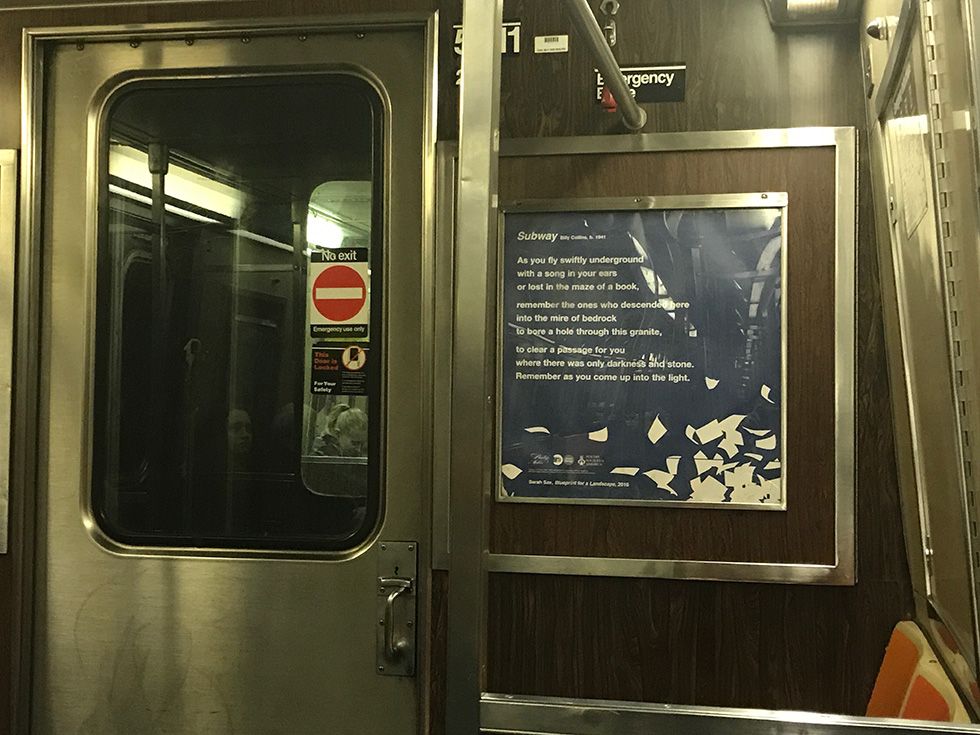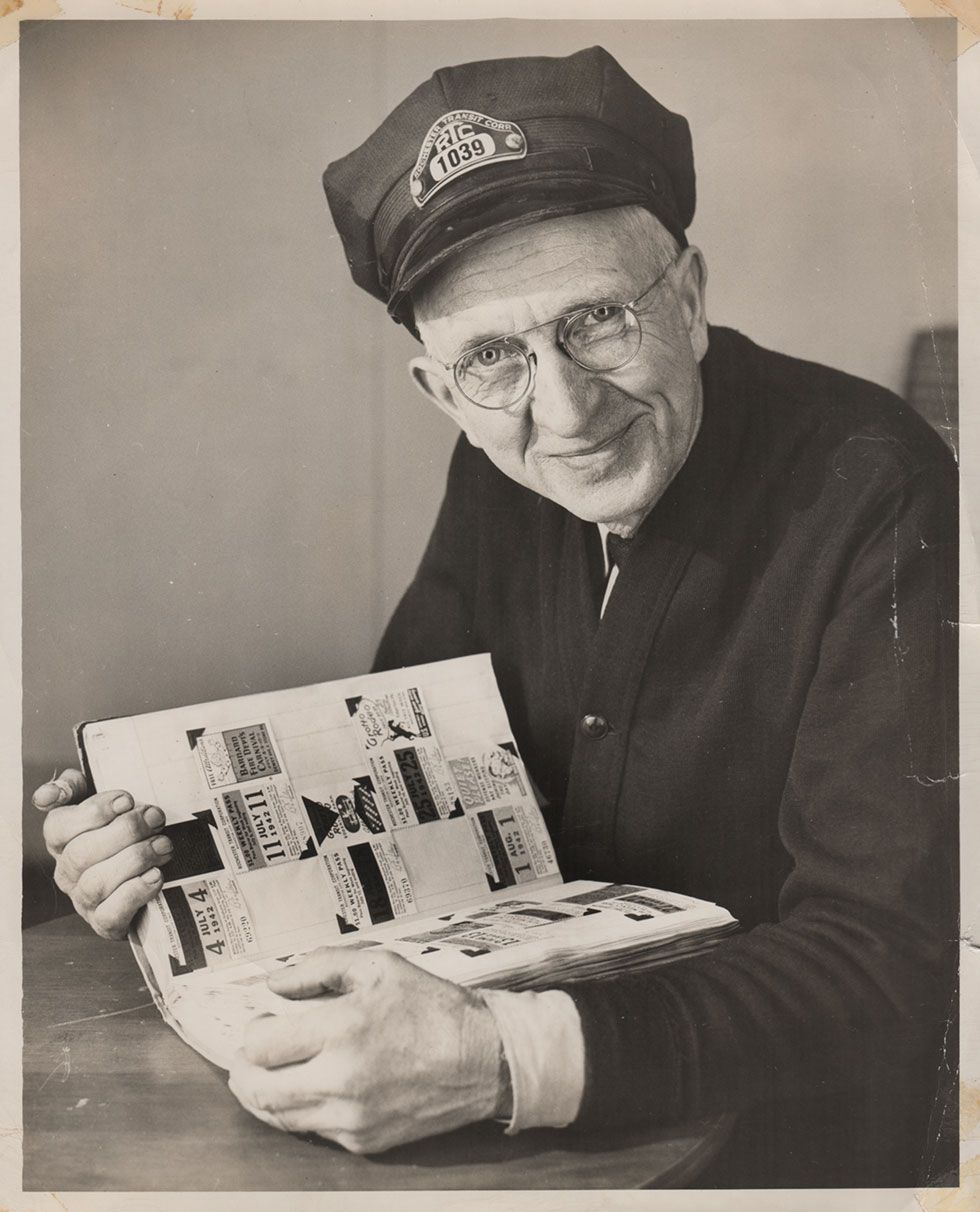This article was scraped from Rochester Subway. This is a blog about Rochester history and urbanism has not been published since 2017. The current owners are now publishing link spam which made me want to preserve this history.. The original article was published December 09, 2011 and can be found here.

![Genesee Brewery. [Flickr Photo: _Yoshi_]](https://senseofplace.dev/content/images/photos/genesee-brewery-sign-yoshi.jpg)
The following is a guest post submitted by Joel Helfrich .
Submit your story today .
The spate of recent articles in the D&C regarding local construction projects also means that there will be a great amount of demolition of older buildings and historic properties. Take, for example, the recent decision to demolish the Cataract Brewery buildings in High Falls. The cost to demolish the properties alone--estimated at $800,000 to $1 million--is more than twice the amount for which Genesee Brewery was recently selling the two Cataract Brewery buildings and a large parking lot. That same amount could be used to install a new roof and windows, "button up" the building, and abate the lead paint, within the older "gem" brewery building. Although the oldest Cataract building is currently a "liability" in the words of a developer who recently toured the property, it could actually act as the driver for redevelopment. Historic Preservation Tax Credits, coupled with city, county, state, and federal monies, could pay for at least 30-40% of construction costs, and potentially way more if the City took on the lead abatement costs and Genesee Brewery and its owner, KPS Capital, acted as an investor or partner in redevelopment.
Perhaps unsurprisingly, Genesee Brewery has actually selected the building with the least amount of history to create its brew pub, gift shop, and microbrewery. Even the "newer" Cataract Brewery building, which dates from 1912, includes beautiful murals dedicated to the brewery's history. The older Victorian building has 14 wooden (possibly cypress) fermentation casks that could be converted to restaurant booths or office cubicles, an intricate iron staircase, and beautiful colored windows. The brewery is not only destroying history, it is majorly wasting resources that can never be returned to our community. Certainly such actions are not sustainable. (The buildings in question cover nearly 44,000 square feet. According to the National Trust for Historic Preservation, "The rehabilitation of historic and older buildings reduces waste and energy while it preserves our cultural heritage," in this case the brewing history of this region. NTHP estimates would suggest that reusing the Cataract Brewery buildings would save the equivalent of the carbon emitted by nearly 800 homes annually.) The Rochester community would immediately feel the folly of demolition.
Some people in the community still mourn the loss of the Madison Hotel; recent demolition of buildings along the river in High Falls; and the knocking down of portions of Upton Cold Storage. Those of us who care about Rochester's history and its built environment should become less reactive and more proactive. The number of significant buildings facing threats includes not only Cataract Brewery but also the Iola Tuberculosis Sanitarium and the Eastman Dental Dispensary, to name a few.
Sadly, the Cataract Brewery project appears to be a done deal with little opposition from city and county officials, the High Falls Business Association, and local non-profits such as the Friends of the GardenAerial. Although the Landmark Society has been working to turn the tide in recent weeks, nearly everyone else is apparently along for the ride, seemingly because it is the brewery that is making this project happen. The free water and tax breaks, along with other perks from the City and County, that have helped to keep Genesee Beer in Rochester mean that few officials will consider opposing one of America's largest brewing companies. The greatest hypocrisy of all is that this project is being touted as an "economic development."
The loss of a sense of place is what is most disturbing and is often permanent. As writer/activist Rebecca Solnit once wrote, "Sense of place is the sixth sense, an internal compass and map made by memory and spatial perception together." Writer Wendell Berry once quipped: "If you don't know where you are, you don't know who you are." Clearly Genesee Brewery owners do not know Rochester, its people, nor its beer culture. Perhaps Berry put it best when he wrote, "A community is the mental and spiritual condition of knowing that the place is shared," whereas "A corporation, essentially, is a pile of money to which a number of persons have sold their moral allegiance."
The decision to demolish the Cataract Brewery complex is a decision for which I think Genesee Brewing will long be remembered. That this decision was made without public consent only displays the complete lack of community interest and investment on the part of Brewery owners. Yet for a company held by owners who seek profits, this plan is surprisingly a complete waste of money. Imagine a microbrewed line of limited edition Organic beers and ales from the Cataract line. Imagine restoring a building that currently has the best views of High Falls, bar none. Such possibilities are possible only if the owners find the creativity to act before it is too late. Perhaps only when the old Beebee Station power plant in High Falls is converted to a mixed use facility with housing and retail space (this is a question not of "if" but rather "when," according to RG&E officials), will Genesee Beer realize that it made the stupidest decision in its long history. As architect Howard Decker recently put it, "they make beer"--so it will be unlikely that they will take the high road and work with the community that most Rochesterians often fail to realize that Genesee Brewery actually neglects.
To borrow a phrase from Joni Mitchell's "Big Yellow Taxi" tune, more recently covered by the Counting Crows, Genesee Brewery "Don't it always seem to go, that you don't know what you've got til it's gone. They paved paradise and put up a parking lot." It is those actions for which I think many people in the community will remember our local conglomerate. Asinine is the word best word I can find to describe the Brewery's plans.
I encourage each local resident who does not want to witness another building torn down, particularly one as beautiful as the Cataract Brewery, to attend the next City Zoning Board of Appeals "informational meeting" [see "How You Can Help" for meeting details], at which point the Board will consider a proposal by North American Breweries "To demolish a structure identified in the City of Rochester's list of Designated Buildings of Historic Value; a prohibited action pursuant to Section 120-65B of the Zoning Code."
In the meantime, take a look at former City historian Ruth Naparsteck's "Brief History of Brewing in Rochester" [PDF, 4.4mb] .
How You Can Help:
Plan to attend and speak at the Zoning Board's meeting on Thursday, December 15, 2011. The start time for the Public Hearing is 9:30 AM in City Council Chambers, Room 302A, City Hall, 30 Church Street. Cases 1-5 will be heard beginning at 9:30 AM. The Genesee Brewery Application is Case #5 and will begin at 11:30 AM.
Share this event on Facebook .

See also:
Genesee Brewery to Demolish This Building
Dear Genesee Brewery: Inspiration From Baltimore
Brewery Unveils Official Plan
Help Save Brewing Landmark
Imagine, Rochester's Historic Brewery Square
Landmark Society Urges Brewery to Rethink Demolition
Prohibition in Rochester
* * *
About Joel Helfrich:
Joel Helfrich is an Adjunct Assistant Professor of history at Monroe Community College and a Visiting Assistant Professor of Environmental Studies at Hobart and William Smith Colleges. Joel is also a father, entrepreneur, educator, and activist who has worked on animal rights, environmental, historic and sacred sites preservation, and social justice issues. He holds the conviction that a myopic focus defeats the most important work any historian does--being an informed and informative member of society. He sees the environment as a site where much of his historical training can be brought to bear, so he continues to pursue those interests as well as others.


